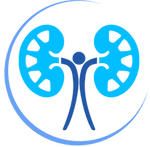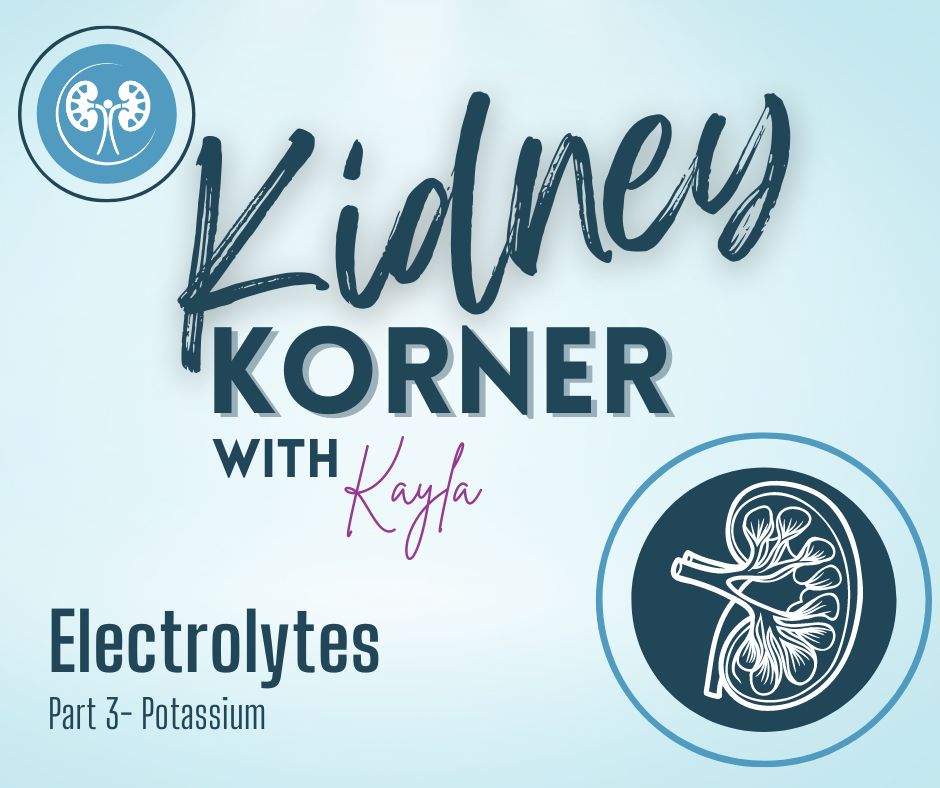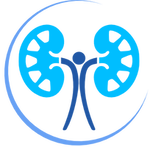|
What is potassium?
According to MedlinePlus, “Potassium is a mineral that your body needs to work properly. It is a type of electrolyte. It helps your nerves to function and muscles to contract. It helps your heartbeat stay regular. It also helps move nutrients into cells and waste products out of cells.” What does potassium affect?
Hypo- vs. Hyperkalemia Hypo= low Hyper= high -kalemia= the medical suffix for potassium Therefore, hypokalemia means low potassium in the blood and hyperkalemia means high potassium in the blood. Examples of High Potassium Foods Leafy Greens (spinach, collard greens, swiss chard, bok choy, beet greens, etc.) Beans Potatoes Broccoli Avocado Bananas Orange Coconut water Tomatoes Yogurt Chicken Salmon How Dr. Munjal Helps: Potassium levels in the body are handled predominantly by the kidneys. With additional testing, we can determine the cause of the electrolyte abnormalities and work to correct it. Munjal’s Musings: Everything has potassium in it. You can have one serving of high potassium food for two servings of a lower potassium food. You don’t need to cut these foods out completely, but enjoy them in moderation. Resources Medline: Potassium Harvard: The Nutrition Source- Potassium Comments are closed.
|
About The BeanThe Bean is a blog on a mission to share valuable information in the world of Nephrology. We believe in empowering through education and The Bean is a great place to find resources and information on topics related to high blood pressure, kidney disease, dialysis, and topics that enhance the kidney minded lifestyle. Enjoy and be sure to subscribe! Archives
July 2024
Categories |
Contact Us |
Careers |
Connect With Us |
|
13241 Bartram Park Blvd., Suite 1001
Jacksonville, FL 32258 Open Map Tel: (904) 260-9898 Fax: (904) 260-9891 |
Interested in joining our team? Jacksonville Nephrology is dedicated to compassionate patient care through teaching and giving our team the tools needed to go above and beyond. Learn more about current openings. Learn More
|


